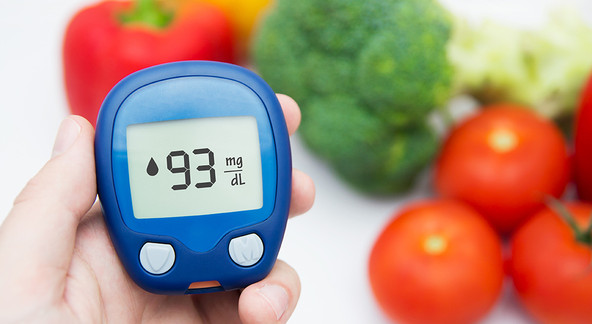Posted by -Beyond Health on Nov 3rd 2025
Exploring: Can Type I Diabetes Be Reversed Effectively?
This one required careful compliance adjustment. The original version includes: “Almost all disease can be prevented and reversed” Implied reversal of Type 1 diabetes Claims about preventing T1D via pregnancy vitamin D and avoiding formula Direct product disease claims Implied avoidance of complications Below is a balanced, science-forward, medically responsible rewrite that preserves the systems-based philosophy while remaining compliant. Can Type 1 Diabetes Be Reversed? I’m often asked:“If almost all disease can be prevented or reversed, what about Type 1 diabetes?” Let’s approach this carefully and honestly. Understanding Type 1 Diabetes Type 1 diabetes is an autoimmune condition in which the immune system attacks and destroys the insulin-producing beta cells of the pancreas. Once a significant portion of those beta cells are lost, the body can no longer produce sufficient insulin — and lifelong insulin therapy becomes necessar…
read more Fuel your life with the purest vitamins
Fuel your life with the purest vitamins







